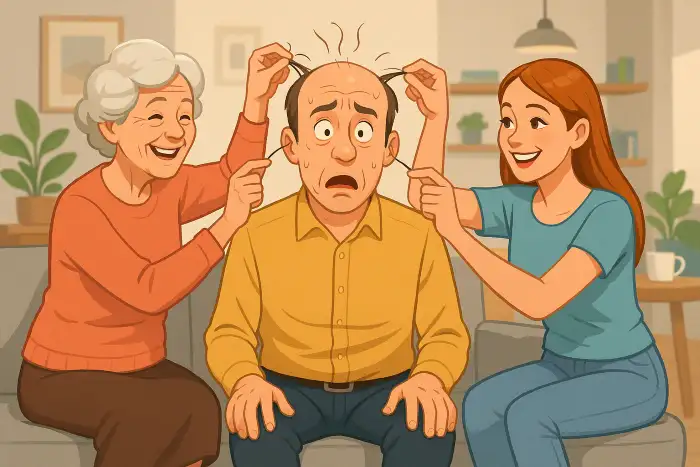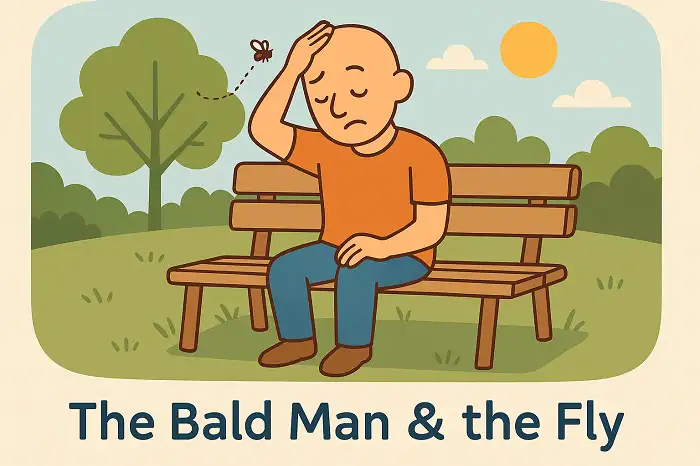The Metamorphosis by Franz Kafka and translated by David Wyllie with a podcast to learn vocabulary in real context and leave questions for literary criticism The Metamorphosis by Franz Kafka is now in the public domain available on Gutenberg Project Podcast of The Metamorphosis by Franz Kafka https://www.youtube.com/watch?v=vWH6gjcmTHI The Metamorphosis by Franz Kafka Chapter 1 One morning, when Gregor Samsa woke from troubled dreams, he found himself transformed in his bed into a horrible vermin. He lay on his armour-like back, and if he lifted his head a little he could see his brown belly, slightly domed and divided by ...
Home » English Short Stories » The Metamorphosis by Franz Kafka for ESL Students

The Metamorphosis by Franz Kafka for ESL Students
Updated: by Dr. Mohammad Hossein Hariri Asl
Time to Read: 115 minutes | 623 Views | 6 Comments on The Metamorphosis by Franz Kafka for ESL Students
Share This Post
About the Author
Dr. Mohammad Hossein Hariri Asl is an English and Persian instructor, educator, researcher, inventor, published author, blogger, SEO expert, website developer, entrepreneur, and the creator of LELB Society. He's got a PhD in TEFL (Teaching English as a Foreign Language).
Number of Posts: 4242



This story was really long and I admit it. And it was pretty sad. Gregor Samsa was really unlucky with that bad family. They were so bad to him. His sister was the only one that cared about him.
Perfect comment! Thank you, Soroosh!
I should add that Gregor’s caring sister eventually rose against him.
Metaphorphsis is an example of existentialist literature.
The theme of this short story by Franz Kafka are : isolation, absurdity of life, alienation.
The main message is that how in modern society people are cut off from one another and they don’t have the same connection as before.
When Gregor’s family figured out that he has no use and he is unable to fulfill his responsibilities as before, they abandoned him. It was when he become an outcast. And not when he was transformed into a huge bug.
Feedback
1. he become = he became
2. the themes of this short story are (the law of agreement in grammar)
Since I was a student I have decided to read this story several times but every time as soon as I had started it seemed so gloomy that I couldn’t continue.
This time I had to read it . I had the same dark feelings but at last I reached to this conclusion that Kafka might have wanted to say that modernity is so hellish that such a transformation – even though it ends in death – is really the only liberation modern man can achieve.
Feedback
1. reach to this conclusion = reach this conclusion
2. modern man = modern humans (indefinite noun)